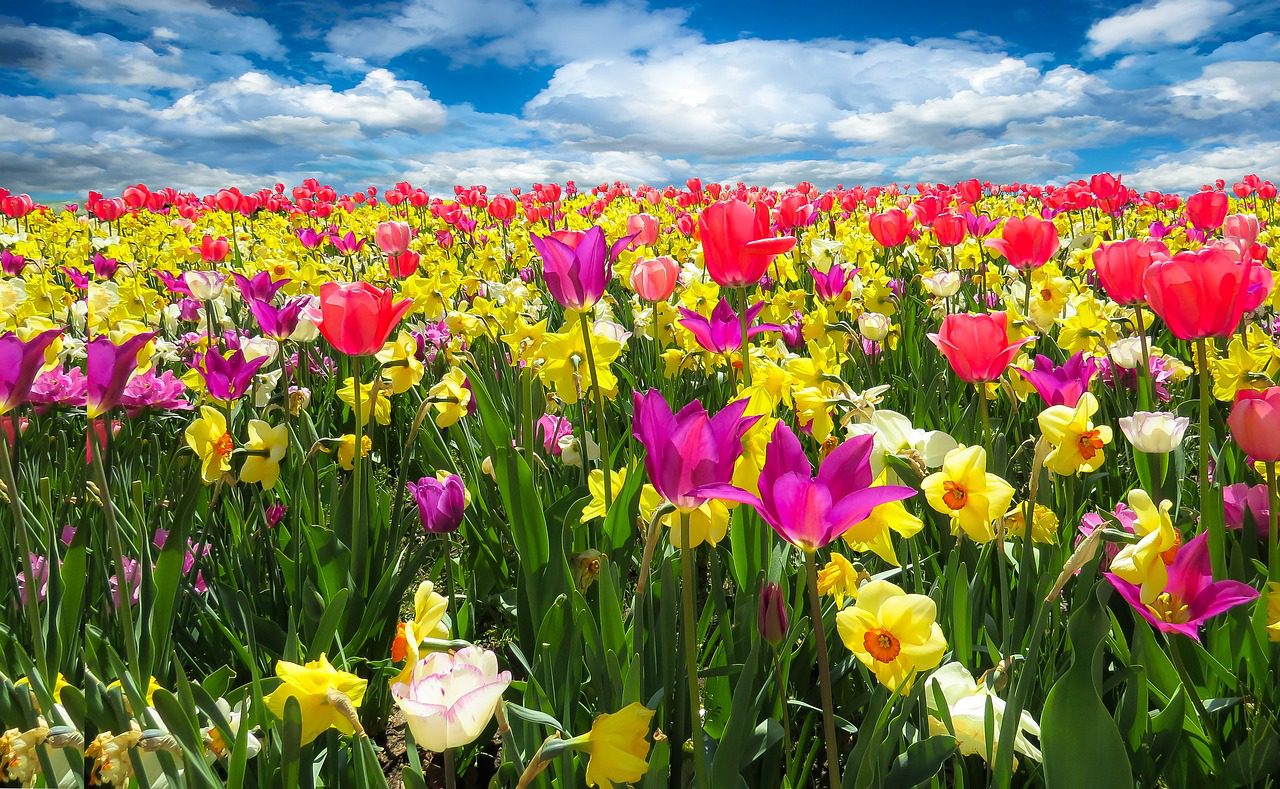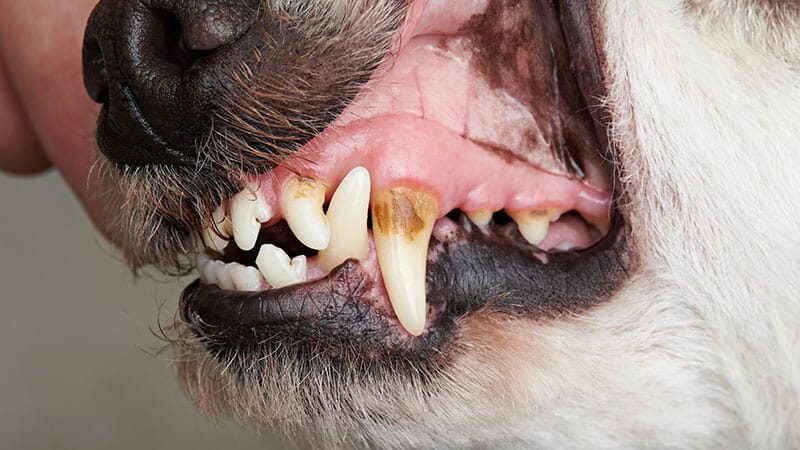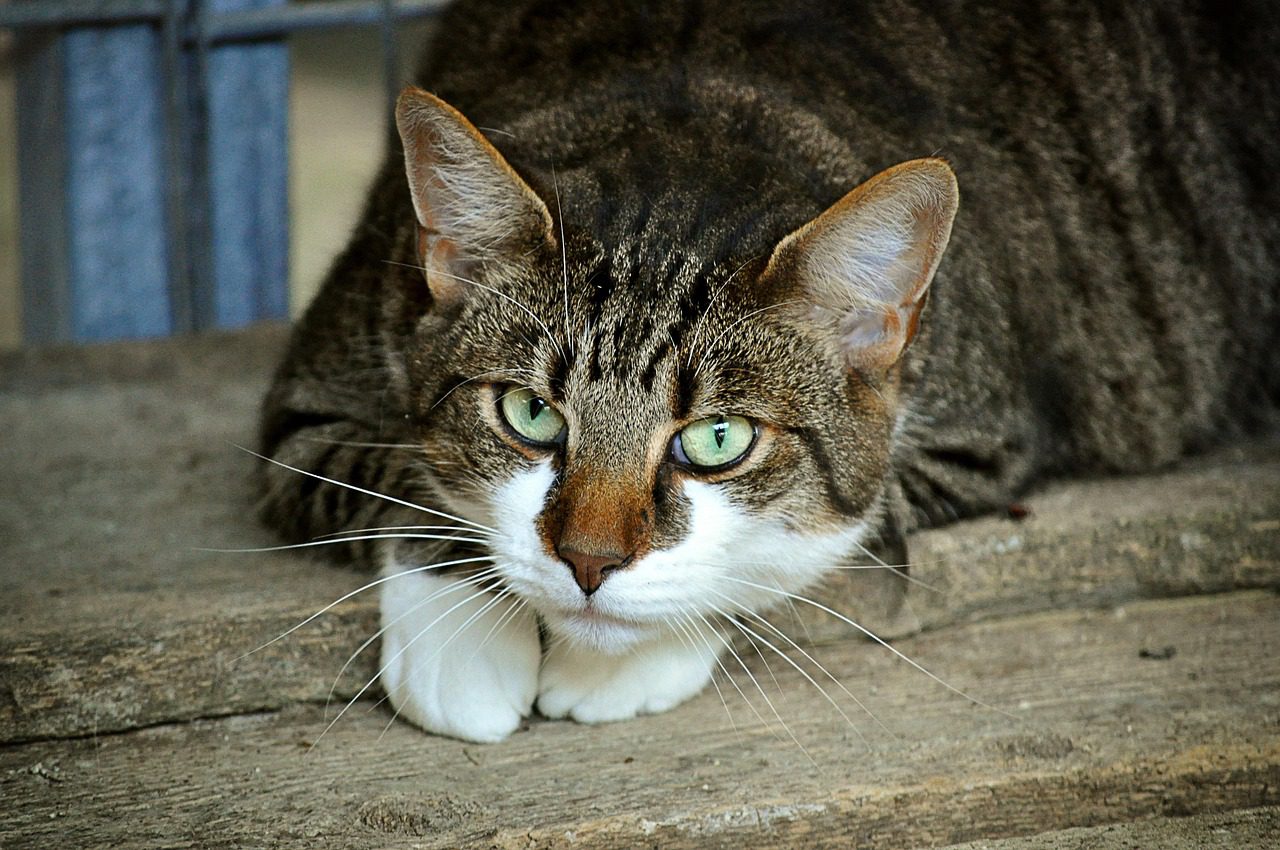I’m not much of a gardener. But I really appreciate lovely colourful spring bulbs. They lift my spirits after the cold and dark of winter. I love looking out for the snowdrops first, then the crocuses. The daffodils follow and I know that spring has truly arrived.
While these floral displays may be a delight to our senses, pet owners must exercise caution as many common spring flowers pose hidden dangers to our furry friends. Several popular spring flowers, including lilies, tulips, daffodils, narcissi and azaleas, contain toxins that can be harmful or even deadly to pets if ingested. And their sap can cause skin itching and irritation too.
Cats, in particular, are sensitive to certain flowers like lilies, which can cause severe kidney damage and even prove fatal if consumed. And it’s not just the flowers, but also the bulbs, leaves, and stems which can contain varying levels of toxins. Even a small nibble can lead to adverse reactions in pets, ranging from mild gastrointestinal discomfort to more serious symptoms requiring immediate veterinary attention. As responsible pet owners, it’s essential to be vigilant and take proactive measures to safeguard our pets from potential flower-related hazards. Here are some tips to help mitigate the risks:
Familiarize yourself with common spring flowers that are toxic to pets. Research and identify these plants in your garden or surroundings to prevent accidental exposure. The Horticultural Trade Organisation (HTA) has produced a useful list at hta.org.uk/potentiallyharmfullplants Consider choosing to plant only pet-safe flowers in your garden, using the HTA’s pet safe plant list.
Keep floral arrangements containing toxic flowers out of reach of pets, especially cats who may be tempted to nibble on the foliage. Place arrangements on high shelves or in areas inaccessible to curious pets. Supervise your pets when they are outdoors and discourage them from investigating or nibbling on unfamiliar plants. Train dogs to obey commands such as “leave it” to prevent them from ingesting potentially harmful flowers during walks or outdoor excursions. And whilst you are gardening, keep a close eye on what your four-legged assistants are up to.




